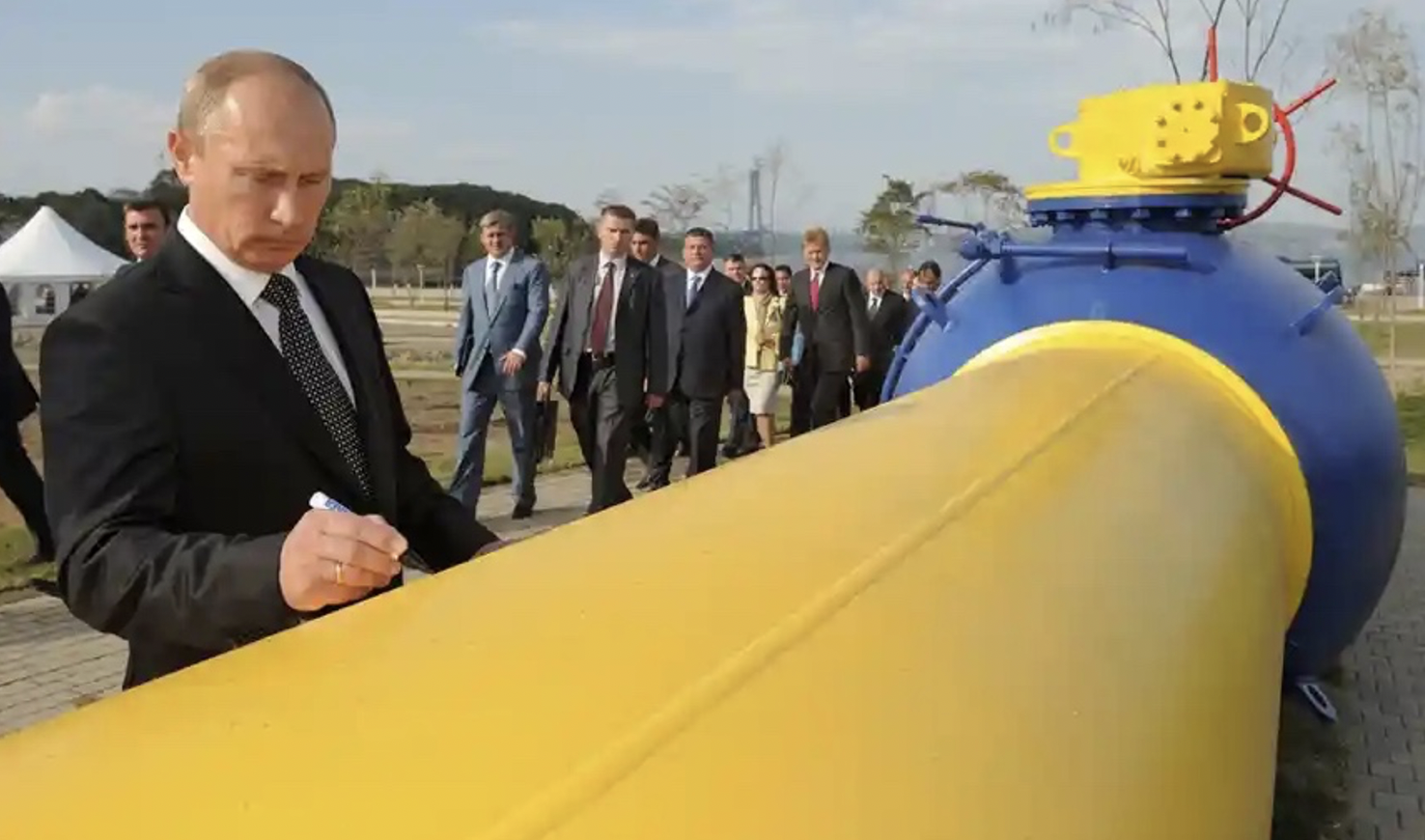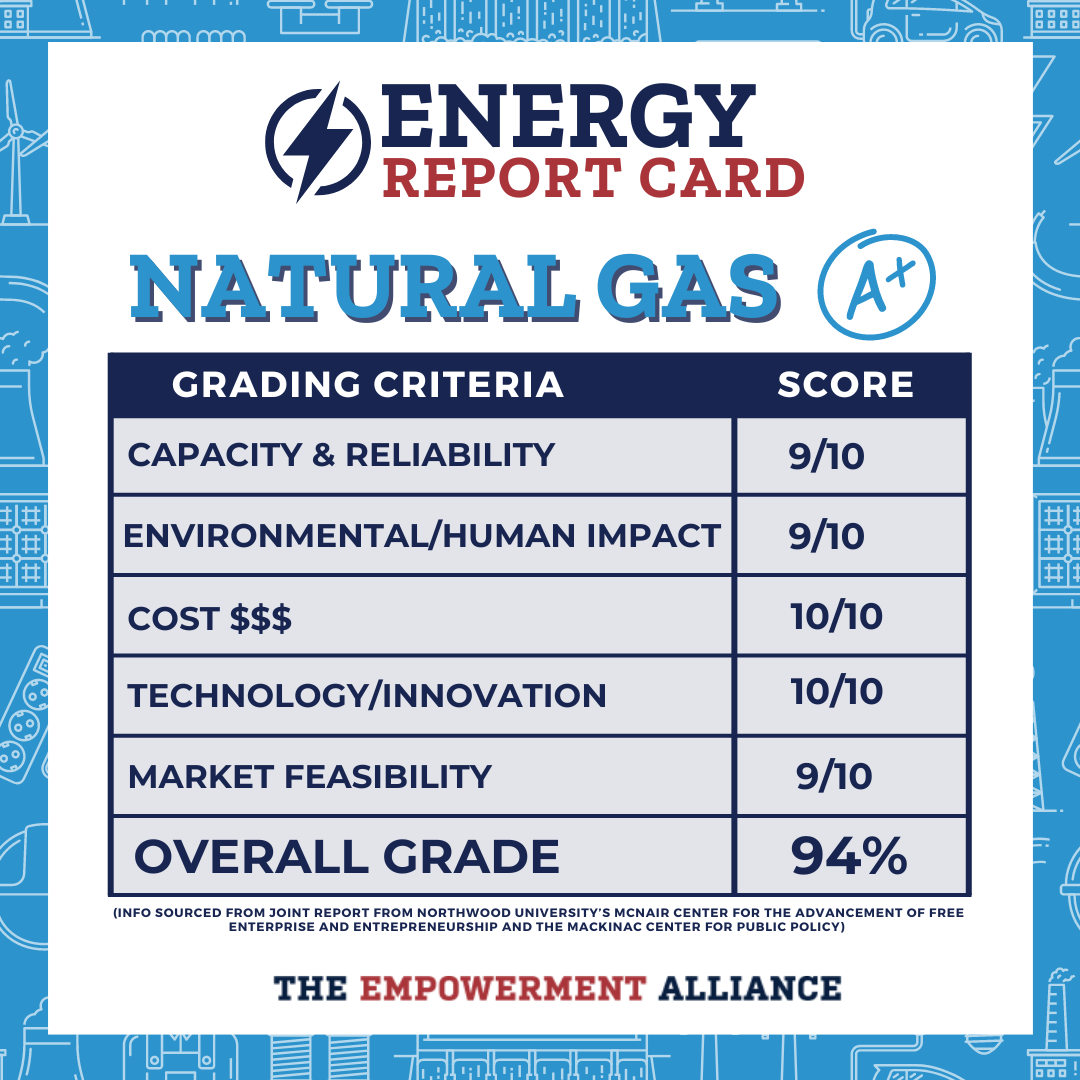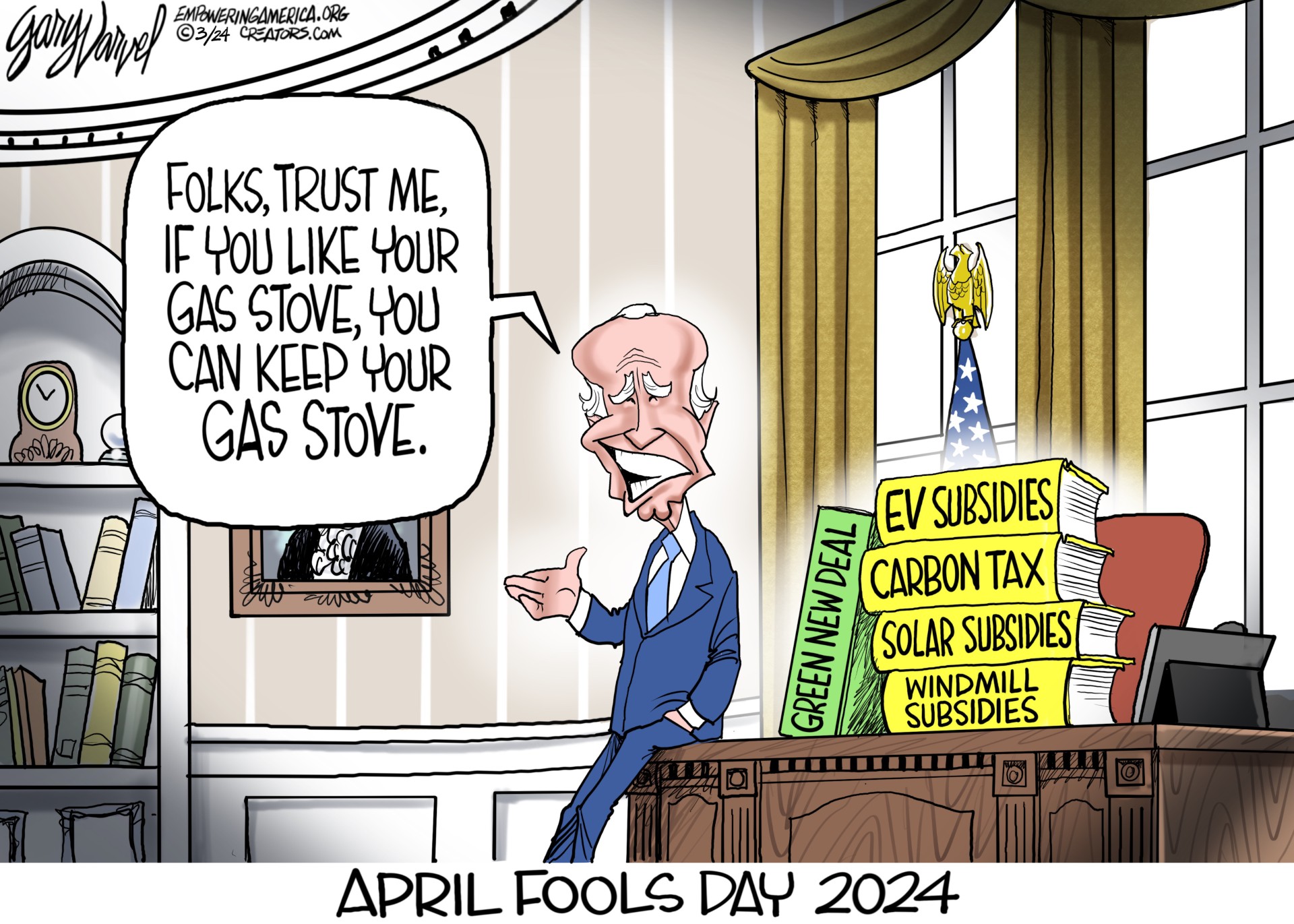Learn

AFTERNOON TEA
Afternoon Tea: Europe’s Imminent Green Death
The last few weeks have been tough to watch and hard to believe as a complex and terrible war unfolds on the other side of the world. But, during this tragic time, it’s important to look at some of the choices that brought the world here, so that maybe we can learn from them in the future.
In a recent article, author Michael Shellenberger explains that much of what we are seeing boils down to basic math: “Putin knows that Europe produces 3.6 million barrels of oil a day but uses 15 million barrels of oil a day. Putin knows that Europe produces 230 billion cubic meters of natural gas a year but uses 560 billion cubic meters. He knows that Europe uses 950 million tons of coal a year but produces half that. The former KGB agent knows Russia produces 11 million barrels of oil per day but only uses 3.4 million. He knows Russia now produces over 700 billion cubic meters of gas a year but only uses around 400 billion. Russia mines 800 million tons of coal each year but uses 300. That’s how Russia ends up supplying about 20 percent of Europe’s oil, 40 percent of its gas, and 20 percent of its coal.”
This self-created imbalance in European energy is a direct result of the artificial push toward so-called “green” energy, especially in Germany. Europe’s desperate need to eliminate traditional energy sources in favor of wind and solar, which still don’t possess the technology to be reliable and consistent, means that a boogeyman like Putin is ripe to fill in the gaps when those “green” energies inevitably fail. And, in the process, place his figurative boot firmly on the energy neck of Europe.
And, that’s why when you hear talk of the unprecedented economic sanctions that the U.S. and the rest of the world are placing on Russia in an attempt to hinder their aggression in Ukraine, there’s one little thing missing from the mix—energy.
Shellenberger: “Naturally, when American sanctions on Russia’s biggest banks were finally announced in concert with European allies last week, they specifically exempted energy products so Russia and Europe can keep doing that dirty business. A few voices called for what would really hit Russia where it hurts: cutting off energy imports. But what actually happened was that European energy utilities jumped to buy more contracts for the Russian oil and gas that flows through Ukraine. That’s because they have no other good options right now, after green activism’s attacks on nuclear and importing fracked gas from America. There’s no current plan for powering Europe that doesn’t involve buying from Putin.”
And, that’s the story of how the energy choices made in Europe empowered Vladimir Putin to move aggressively against Ukraine, knowing that he holds much of Europe’s energy needs in his grasp. It’s an important lesson to learn, as we in the United States are now making very similar energy choices. Will we choose a sensible approach that takes advantage of all our domestic energy resources, leaving us safe and energy independent? Or will we continue to embrace the dogmatic agenda of the “green at any cost” movement and make ourselves vulnerable in the same way as Europe?
As Shellenberger puts it, “It’s not too late for the rest of the West to save the world from tyrannical regimes that have been empowered by our own energy superstitions.”





